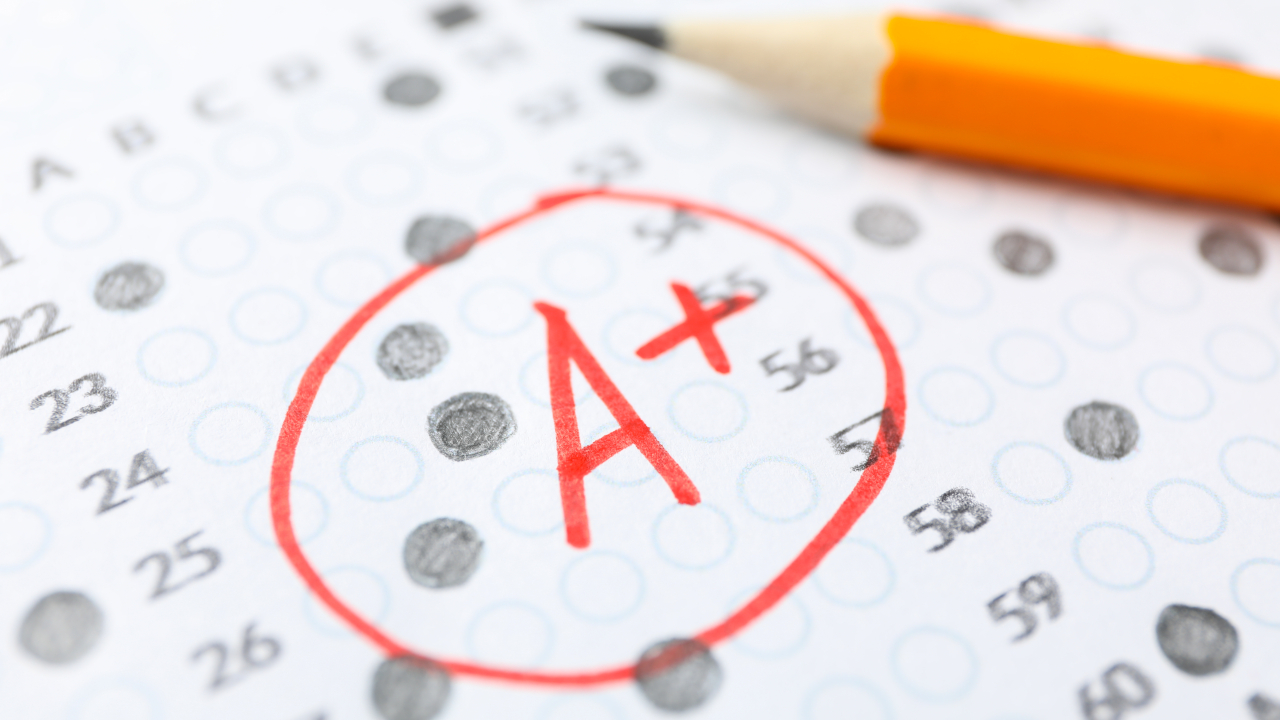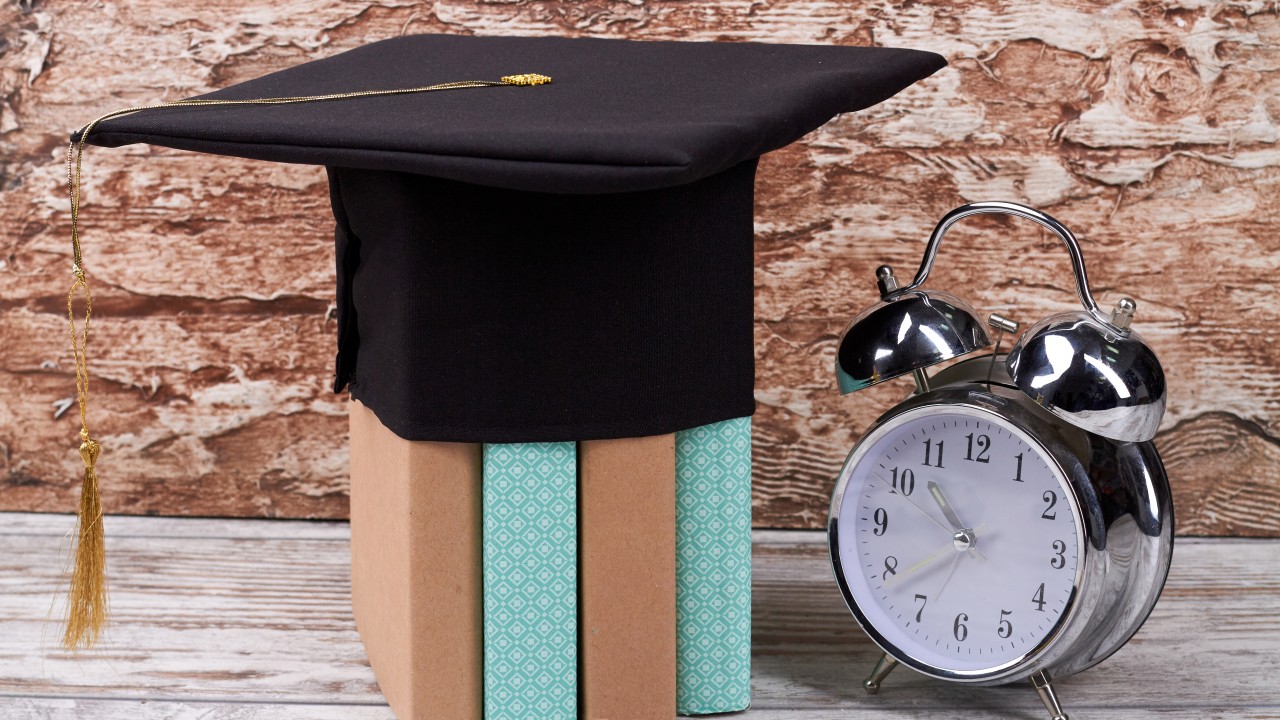Your college grades will impact your future work prospects and will be much more important if you apply to a competitive graduate program. So, how to get good grades in college?
The key to academic success in college or university combines hard work and smart work. Good grades will come as a result of the effort you put in. Here are some tips that will help you get the highest grades!
How to Get Good Grades in College: 12 Essential Tips
If you are willing to study, get good grades, and prepare for your future, that’s already half the battle won. And with our additional tips, you will be among the most successful students. If you are wondering, “How can I score more in college?” keep reading because we have compiled a list of tips to help you get better grades.
- Attend classes regularly
Attending classes regularly shows your professor you are interested and find their lectures helpful. Apart from that, attending classes has many more benefits. Regular attendance helps you retain more information, and you can easier make the connection between concepts without worrying about the knowledge gap. Moreover, you can benefit from the professor’s knowledge: they usually share examples, stories, and real-life applications of concepts to make information easier to comprehend and remember.
In the end, regular attendance will be rewarded with smaller doses of revisions for exams since most of the information will be grasped during the classes.
- Read the syllabus carefully
Many students are unaware of the importance of the syllabi on their grades. The syllabus contains a wealth of information that can help you improve your grade. That’s because professors share their grading criteria, which include a breakdown of the final grade.
The syllabus lists all factors that can help you maintain a good grade, such as:
- Deadlines
- Late penalties
- Participation
- Assignments, and other grading criteria
Simply knowing where you can lose points—for example, for turning in a paper late—might help you avoid a bad grade.
- Stay organized
The importance of staying organized is unmatched. But it doesn’t simply mean uncluttering your desk. The physical, hands-on ability to organize should transfer into organized thoughts. If you can organize your desk, you should also be able to manage your study and learning habits.
For extra tips on how to stay organized and avoid messy schedules, consider the following:
- Stick to a schedule
- Plan ahead
- Organize notes by class
- Use a planner
- Set up a calendar
By getting familiar with these actions, staying organized will become one of the strongest skills that you can use in and out of the classroom.
- Participate in class
Don’t be shy to share your ideas or even contradict someone else’s opinion (when necessary). By becoming an active student, you will benefit more from classes. If you create the habit of asking questions, you will likely retain more information than by listening. That’s because the answers to your questions are related to your thoughts on the subject.
Participate in the discussion—contributing to discussions on the issue promotes your analytical skills and enhances information processing.
- Know your learning style
Exploring different learning styles will help you become aware of how your brain learns best. Understanding your learning style can also assist you in tackling your weaknesses and strengths.
The VARK model of learning styles identifies four distinctive categories of learners:
- Visual
- Auditory
- Reading and
- Writing Kinesthetic
Once you know what category best suits you, you will become a significantly better learner, and good grades will naturally follow.
- Take notes

Taking notes is vital for two reasons: it helps you concentrate, and it helps you learn more deeply. Taking notes requires paying attention and promotes focus in class (or while reading a textbook). Engaging with the material by listening and summarizing what you hear helps you grasp and recall the information later.
There is no right or wrong way to notetaking. Simply experiment and go with whatever suits you best.
- Attend office hours
A simple visit can significantly impact your academic achievement. Attending office hours in person or online can help you better understand your class content and your professor’s expectations. So, don’t miss this opportunity.
- Avoid late penalties
Not everyone can complete assignments on time. But, this should not be a problem if you already possess good organizational skills.
Late work is common among students in many institutions. Students are usually penalized for late homework in order to develop the discipline of completing tasks on time. We advise that you avoid late submission of any work because your grades will suffer.
- Join review sessions

You should most definitely take advantage of review sessions. Many professors arrange study sessions before a midterm or final exam to review course material and answer questions. They may even give information on what topics will be covered in the exam.
If your class does not have a review session, consider organizing a study group and hosting your own.
Interested in pursuing a degree?
Fill out the form and get all admission information you need regarding your chosen program.
This will only take a moment.
Message Received!
Thank you for reaching out to us. We will review your message and get right back to you within 24 hours.
If there is an urgent matter and you need to speak to someone immediately you can call at the following phone number:
- We value your privacy.
- Benefit from extra credit opportunities
Extra credit is an optional way to gain more points in a class and improve your grade. In college, instructors may include extra credit questions on tests or credit students for work done outside of class.
More specifically, extra credits are good because:
- They serve as an additional opportunity to get a better grade.
- You can compensate for a poor test or project.
- It can help deepen subject comprehension when used to enhance lessons.
- It serves as a motivational tool to put in more work.
- Choose electives carefully
Choosing your electives wisely can help you increase your GPA. It’s easier to get better grades when you love what you learn. So, pick something you are passionate about. If you can’t find anything of that kind, focus on finding something similar to other subjects you are studying. That will help you make connections through topics of different subjects, retain more information and get better grades.
Choosing electives is also an excellent opportunity to learn about subjects you’ve always wanted to learn about. Some students are even tempted to double major or switch programs as a result of electives they have taken.
- Retake classes with low grades
The last option on the list is retaking classes with low grades. Many schools allow students to repeat classes in which they failed or had a low grade. Depending on the college’s policies, you may be able to replace the low grade with a higher one, increasing the GPA.
This step comes with a downside. Retaking that class should be reconsidered if you think the subject will not be helpful in the future. Sometimes retaking the course can also delay graduation, especially if you feel you can’t master the subject. So, think carefully about whether it is worth it or not.
The Bottom Line
College is usually the closest thing students have to the professional or business world, and how well one succeeds there can be a good indicator of how well one will perform in their future jobs.
Good grades are the fruit of your hard work and will undoubtedly help you when you join the workforce. The key to getting good grades is effort and consistency. As long as you hold to the tips we have listed above and make them part of your daily routine, you will be on the right track!









